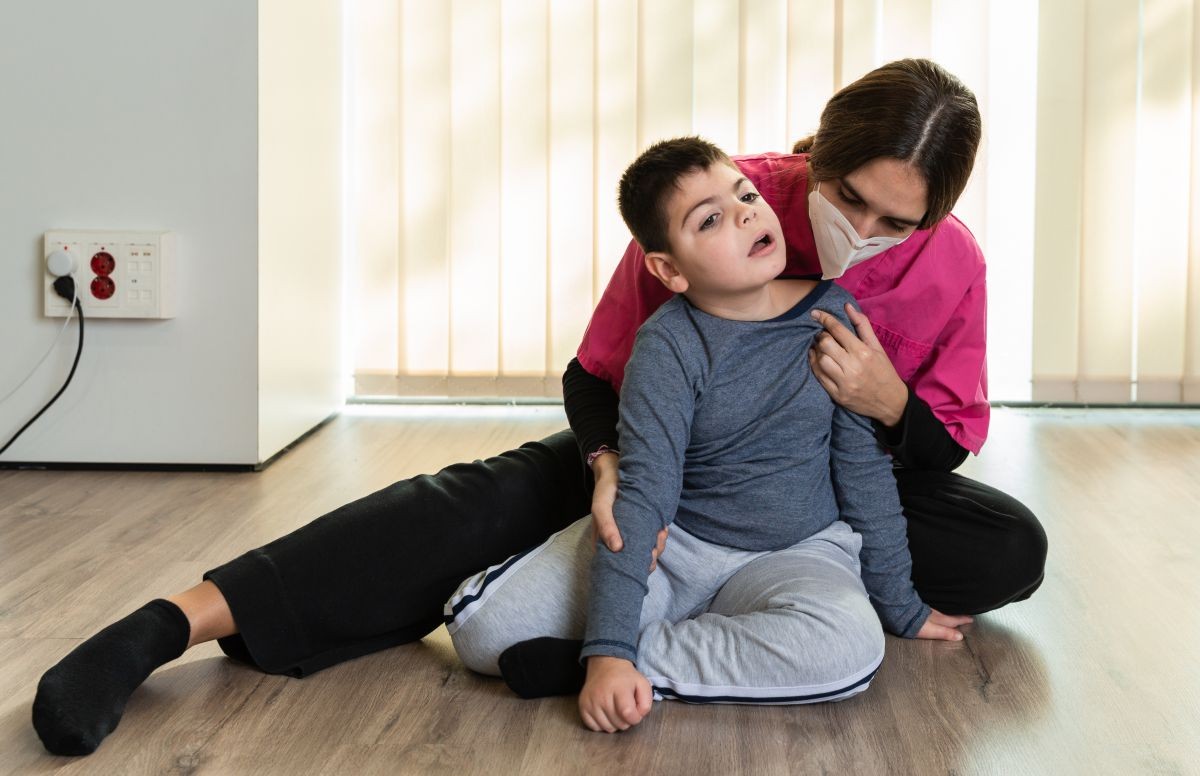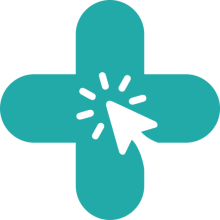Published - Thu, 19 May 2022

CEREBRAL PALSY : Symptoms, Causes, & Types.
Cerebral palsy affects approximately 17 million people
worldwide. Childhood CP is the most common motor disability. CP affects
approximately 1 in every 345 children. It has been discovered that 10% of the
global population suffers from some form of disability, with India accounting
for 3.8 percent of the population. Cerebral Palsy affects approximately 15-20%
of physically disabled children. In India, the incidence is estimated to be
around 3/1000 live births.
In Uganda, cerebral palsy is more common and has a higher
mortality rate than in high-income countries. Cerebral malaria is most likely
to blame for the underlying brain injury that occurs during early childhood.
Cerebral palsy is on the rise among blacks, owing to higher rates of low birth
weight.Cerebral palsy (CP) is a problem
that affects muscle tone, movement, and coordination. It happens when the brain
can’t properly send messages to muscles about how to move in smooth or
well-coordinated ways. It can also affect other body functions that involve
motor skills and muscles, like breathing, bladder and bowel control, eating,
and talking.
Sometimes
the cause of CP is unknown. Many cases, however, occur while a child's brain is
still developing, such as before birth or during early childhood. This could be
cause by:
· Infections or other medical issues during pregnancy
· A stroke in the womb or after birth
· Untreated jaundice (yellowing of the skin and whites of the
eyes)
· Genetic disorders
Premature babies
(babies born early) have a higher risk of developing CP than full-term babies.
Low-birth-weight babies and multiple births, such as twins and triplets, have
similar risks. Lead poisoning, bacterial meningitis, poor blood flow to the
brain, being shaken as an infant (shaken baby syndrome), and an accident injury
can all cause brain damage (like a car accident).
How to diagnosed Cerebral Palsy?
·
Delays
in development, such as not reaching for toys until 4 months or not sitting up
until 7 months.
·
Issues with motor skills, such as
inability to crawl, walk, or move arms and legs normally.
·
Inconsistent movements
·
Excessively tight or excessively
loose muscle tone
·
Infant reflexes (such as the palmar
grasp, or "hands in fists" reflex) that last longer than they should.
With CP, a variety of physical issues can arise. Some
children struggle with movement, while others do not. It depends on the extent
of the brain damage. Damage can be partial, affecting only the part of the
brain that controls walking, for example. It can also affect a larger area, such
as the parts of the brain that control walking, talking, and comprehension. The
brain damage that causes CP can also affect other brain functions, resulting in
issues such as:
·
Blindness or visual impairment
·
Food aspiration (the inhalation of
food or liquid)
·
Gastro-esophageal
reflux (spitting up)
·
Sleep disorders
·
Speech problems and/or drooling
·
Osteoporosis is a disease that
affects the bones (weak, brittle bones)
·
Seizures
·
Issues with behavior
Although there is no cure for CP, a child's quality of life
can be improved with:
·
Treatment that may involve medicine
or surgery.
·
Therapy, including physical therapy,
occupational therapy, and speech therapy.
·
Special equipment to help kids get
around and communicate with others.
·
Kids can improve their bone health
by having a diet that's high in calcium, vitamin D, and phosphorus.
While
there is no way to completely prevent CP, there are some things that can be
done to reduce the chances of a child developing it:
•
Avoiding
infections or viruses that can harm the fetus, such as rubella or zika, during
pregnancy.
•
Getting
a rubella vaccination before trying to conceive.
•
Managing
underlying health issues like blood pressure, diabetes, and so on.
•
Identifying
any potential Rh factor incompatibility between mother and child during
pregnancy.
•
Proper
medical care during delivery.
•
Reducing
the risk of head injury during/after birth.
Created by
Rigomo Team
Rigomo is a leading online education platform that offers a wide range of courses to help individuals enhance their skills and achieve their career goals. With our user-friendly interface and expert instructors, we strive to provide high-quality education to everyone, anytime and anywhere. Join us today and take the first step towards a brighter future.
Rigomo is an e-learning platform that was founded in 2019 by a team of dedicated professionals with a passion for revolutionizing the way people learn. The platform offers a range of online courses that cover various industries, including business, technology, healthcare, and more.
Rigomo's courses are designed to be interactive and engaging, with a focus on practical skills that learners can apply in their careers. The platform uses a combination of video lectures, quizzes, and hands-on projects to help learners master the subject matter.
Rigomo is committed to providing affordable and accessible education to people around the world. The platform offers a range of pricing options, including monthly and annual subscriptions, as well as pay-as-you-go options for individual courses.
Since its launch, Rigomo has received numerous accolades for its innovative approach to e-learning. The platform has helped thousands of learners across the globe acquire new skills and advance their careers.
As Rigomo continues to grow, the team remains committed to providing high-quality education that is accessible to all. The platform is constantly updating its courses and features to ensure that learners have access to the latest tools and technologies.
Comments (0)
Search
Popular categories
Health and Wellness
231Skill Development
7Technology
5Community Impact
2Success story
2Creativity
1Latest blogs

DeepSchool: The Story of an Idea That Refused to Sit Still
Tue, 02 Dec 2025

Transforming Emergency Care: The Story Behind Rigomo's Revolutionary PPMMP Course
Sun, 12 May 2024

Empowering Rural Healthcare: How Pogiko's AI is Bridging the Gap in Medical Services
Thu, 25 Apr 2024

Write a public review